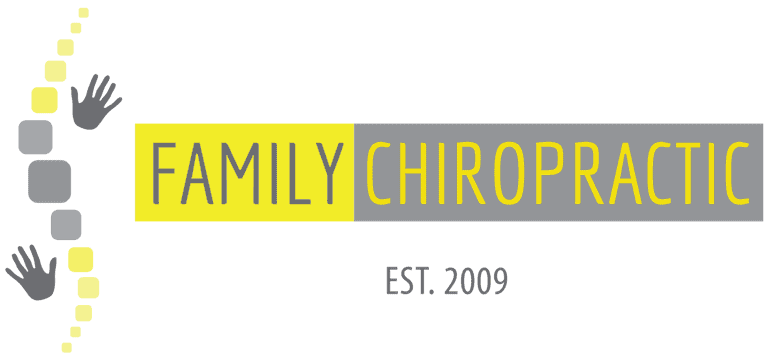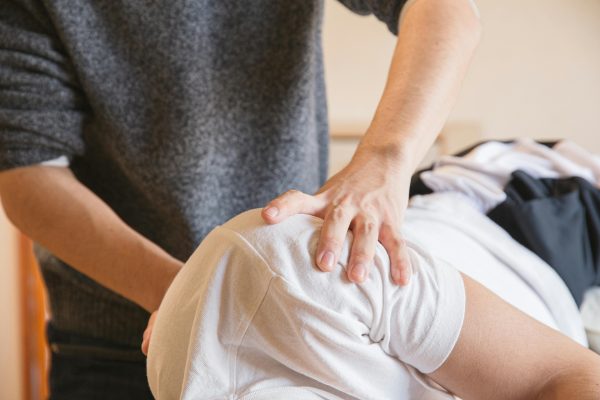Top 8 Factors That Affects Muscle Tension
Muscle tension isn’t really a new phenomenon. In fact, it’s so common that everyone probably experiences this whether on a daily basis or occasionally, but the bottom line is that most individual could have experienced this at some point in their life. But that’s not a reason to just endure and live with it every day.
Most of the pain that you experience in your body is related to muscle tension. Instead of constantly rubbing the affected area in an attempt to ease the pain or popping a pill to get through the day, know the things that could be contributing to it to know how to deal with it properly. If you know what’s causing, you’ll know the best solution for it.
1. Sleep
Sleep allows our body to replenish oxygen to the muscles, breakdown lactic acid and heal minor tears in our muscles. So not getting an adequate amount of it keeps the body from enjoying those benefits which build up problems such as muscle tension.
2. Exercise
The more you let your body sit around idle, the more your condition declines. You become lethargic and weak, easily get tired and develop heaps of health conditions. See to it that you maintain at least light to moderate physical activity every day. Cardiovascular exercises help increase the supply of oxygen to your muscles, so not engaging in any would be like suffocating your muscles.
3. Diet
Lack of calcium in your diet not only weakens your bones but also lead to reduced “slide back” of muscle fibers which cause chronic muscle tension. Too much caffeine, on the other hand, increases muscle tension by making muscles to contract because it stimulates the nerves that control muscle activity. Phosphorus that we often get from cola drinks sucks calcium on your system causing muscle tension when you consume too much. While vegetarianism may seem like a healthy choice but have a negative side-effect on your muscles. This diet keeps you from much needed vitamin B12 that we get from shellfishes, red meat, cheese, etc. so muscles become irritable and tensed, that’s why you should see to it that you seek alternatives for the said foods to avoid muscle tension.
4. Nerves
In a perfect world, everyone will always be happy and have nothing to stress about. But we all know that we’re probably more stressed out than we have ever been due to the fast-paced lifestyles we all have nowadays. Having hectic everyday schedule is wreaking havoc in your muscles. This is because it is putting excess activity in your nervous system. Learn to take a break every now and then. Besides, you probably know by now that worrying or stressing over everything never really solves anything, it just makes your nerves go overdrive over things that are probably doing okay in the first place.
5. Cold
Being constantly exposed to low temperature makes it harder for your body to generate heat. This then results to tensed muscles. This is the reason why a warm bath feels so good during cold seasons or even if you just stay in an air-conditioned room all day. The warm bath helps your body relax and loosen up your tensed muscles.
6. Smoking
Smoking is not just bad for your lungs; it also keeps an adequate supply of oxygen in your muscles and in your blood. This result to lactic buildup in your muscles, causing knotted “trigger points” to form which leads to muscle tension.
7. Mental Fatigue
Mental stress goes beyond your mind. It increases the activity of both the nervous system and endocrine glands which mess up your resting muscle tension and cause difficulty in relaxing and difficulty sleeping respectively. So instead of thinking about your problems over and over, take necessary steps to solve them. This way you’re not only getting things off your plate but it also helps you reduce your muscle tension. Sometimes, your problems are all in your mind, you assume the worse but once we do something about it, you’ll realize how simple things really are.
8. Posture
Proper posture doesn’t just make you look better and taller but also prevent the surrounding muscles in your bones to support it and keep you upright. This is why when you slouch, your muscles feel sore from working against the gravity.




